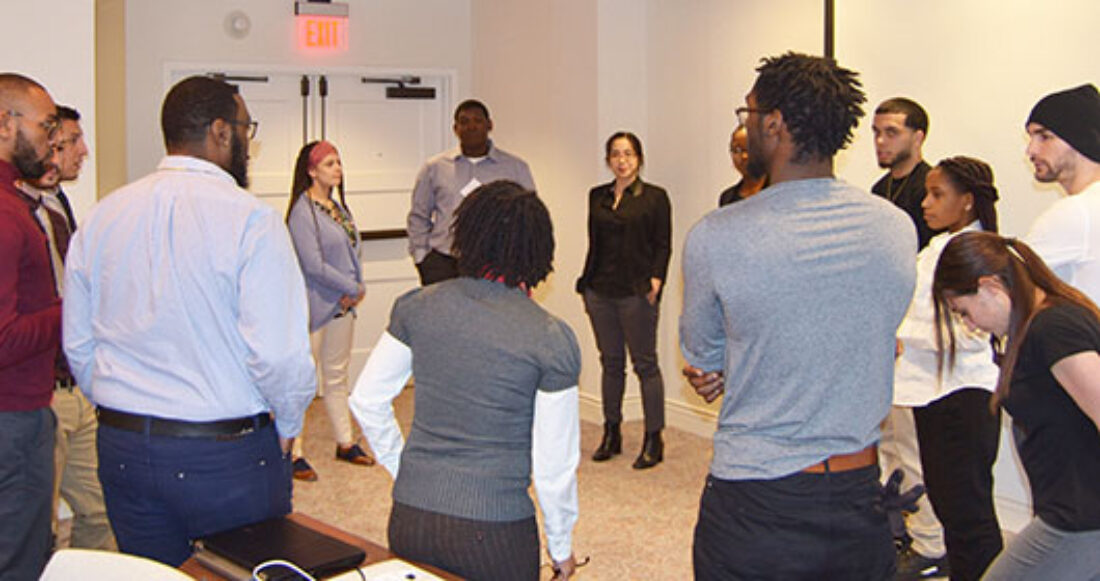Casey Names 12 to its Juvenile Justice Youth Advisory Council

The Annie E. Casey Foundation has selected 12 young adults from across the country to join its Youth Advisory Council.
During their two-year term, the new and returning members will support Casey’s Juvenile Justice Strategy Group, which partners with state and local stakeholders and agencies to advance juvenile justice system reforms.
Read about the formation of the Juvenile Justice Youth Advisory Group
All 12 individuals tapped to serve on the council have personal experience with some aspect of the juvenile justice system, whether it’s probation, detention, commitment, residential placement, incarceration or aftercare.
This firsthand perspective informs the members’ wide-ranging interests, which include:
- Stopping young people from getting transferred into adult prisons “and learning to become better criminals instead of better citizens.”
- Developing training for facility staff to better understand the role of trauma in the lives of incarcerated youth and “see the element of human connection restored in these sterile environments.”
- Creating age-appropriate publications, such as a graphic novel that advises youth about making the most of their time in probation and a guide that details how youth can get their juvenile records expunged.
As emerging leaders in justice reform, the advisory council members have opportunities to impact the youth justice landscape beyond their council roles. They do this by speaking at forums, serving on state advisory groups and participating in advocacy campaigns.
About the Youth Advisory Council
Casey launched the Youth Advisory Council in 2015. Today, in the wake of selecting its second cohort of members, two of the council’s many benefits include:
- Helping youth develop their leadership and advocacy skills and learn more about the juvenile justice field. “The young people recognize that they need expertise in more areas than just their lived experience to be the best possible agents of change,” says Nate Balis, director of the Foundation’s Juvenile Justice Strategy Group.
- Helping inform reform efforts. “Young people are candid about what works and what doesn’t,” says Balis. “They’re also able to advise state and local juvenile justice systems on gathering input from youth in their care, and they have credibility as messengers to policy makers and practitioners.”





